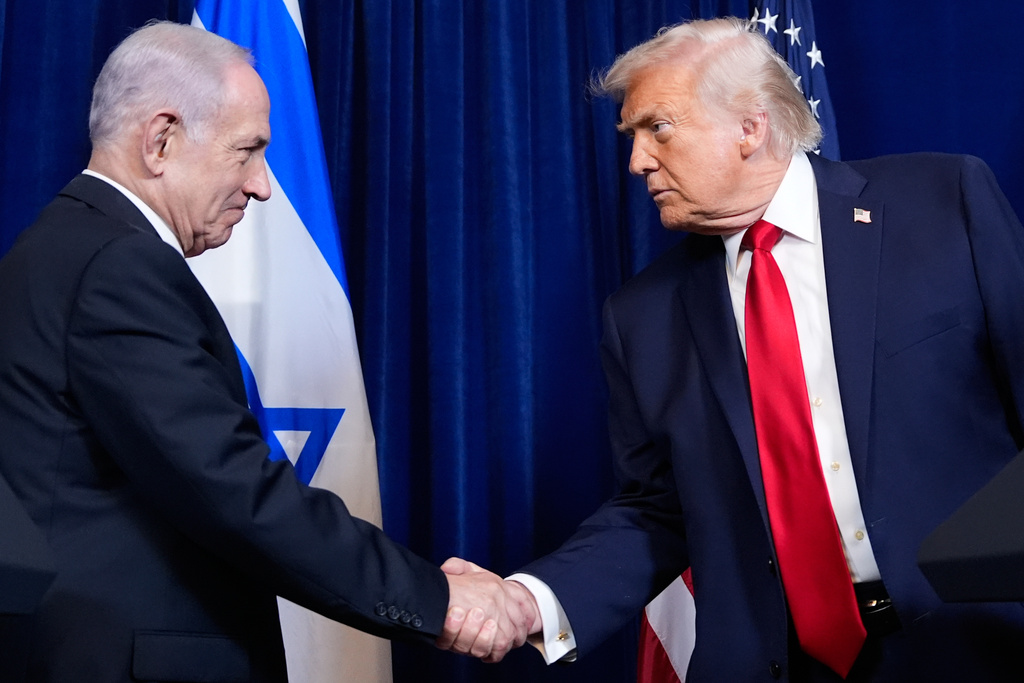Yemen's prime minister has resigned after rebel forces advanced into the capital.
The prime minister reportedly criticized the country's president's handling of the Houthi rebel group's uprising, with the two sides due to sign an expected peace deal and form a new government. (Video via Press TV)
Reports Sunday that the Houthis had taken all the major government buildings in the capital Sana'a cast doubt on the status of a United Nations peace deal, according to Al Jazeera.
MOHAMED VALL, AL JAZEERA: "We're beginning to hear, from preliminary reports which we are trying to confirm about the two sides signing an agreement in these extraordinary conditions."
Over the past weeks, the Houthis — Shias from the north of the country — have moved from their base toward Sana'a.
The BBC reports the Houthis have organized protests calling for more rights, and want more autonomy for their home province in the north. The latest uprising has centered around high gas prices, and allegations of corruption.
The country has seen its share of political instability since its Arab Spring uprising ousted long-serving president Ali Abdullah Saleh in 2012, and gave rise to the currently embattled coalition government. (Video via CBS)
There have been allegations, given the Houthi uprising, that regional powers like Iran and Saudi Arabia have fomented some of the country's instability, by encouraging sectarianism.
BEN ANDERSON, VICE: "The conflict there wasn't sectarian to begin with, but certainly Saudi Arabia and Iran became involved later on making it sectarian; making it yet another front in the wider Iran-Saudi, Sunni-Shia battle."
Those are allegations that have also been heard from Capitol Hill, and allegations both governments have roundly denied. However, if the conflict does break down along sectarian lines, it seems like it would be a close fight.
Yemen is a Sunni-majority country, according to the U.S. State Department, with 65 percent of the country being Sunni, but 35 percent — including the Houthis — is Shia.
Still, immediate reports from the country seem to indicate that an agreement has been signed, despite the fighting in the capital.










